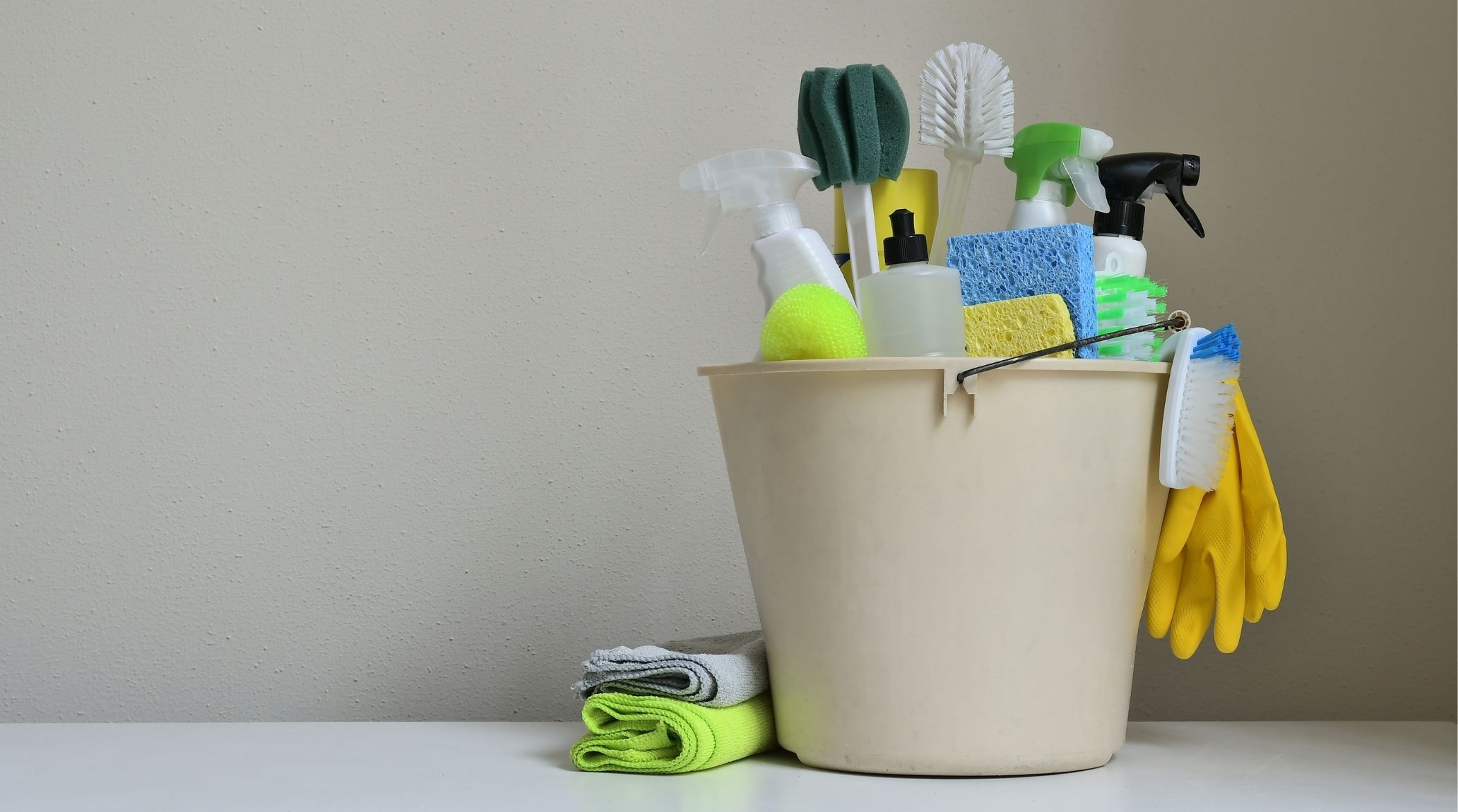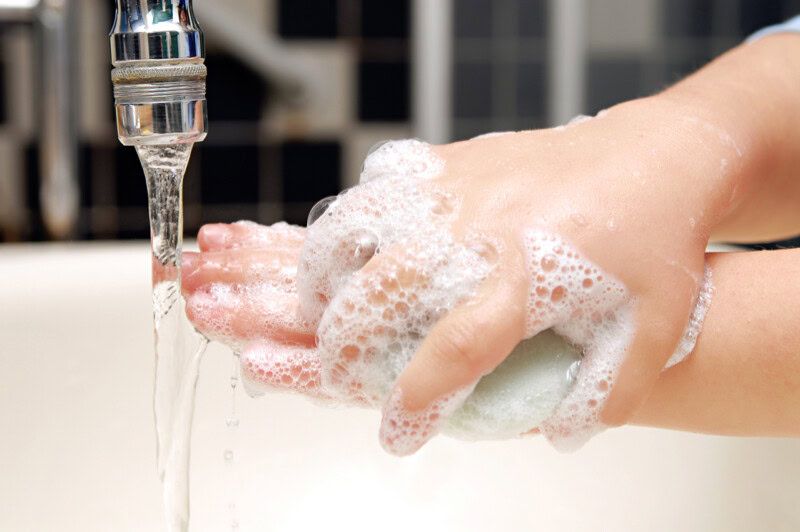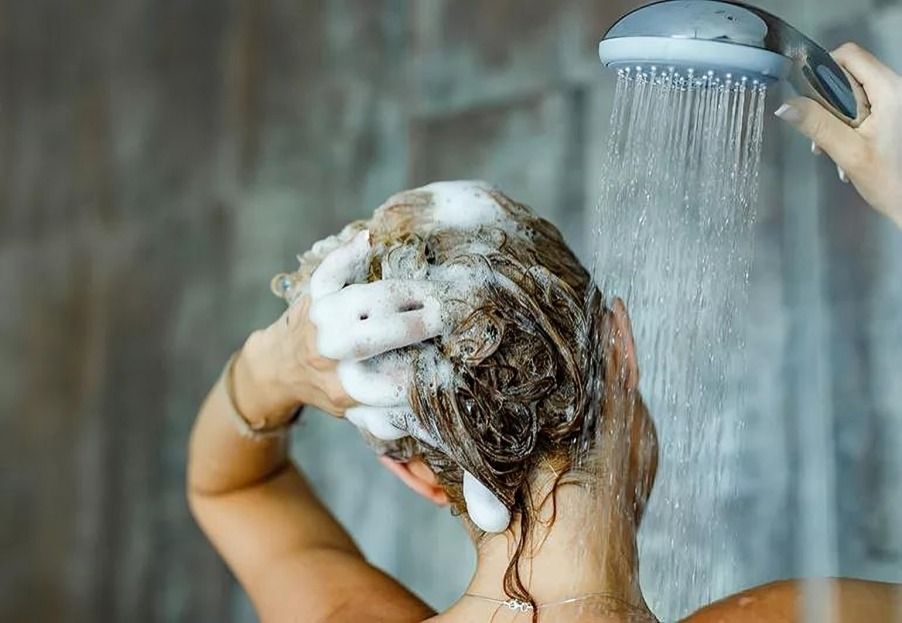
“
Water Usage for Hygiene is a crucial aspect of maintaining both personal health and environmental sustainability. Efficient water use in daily hygiene routines—such as bathing, showering, and hand washing—not only conserves a vital resource but also ensures optimal cleanliness and well-being. Understanding how to manage water consumption effectively can lead to significant benefits, from reducing utility bills to minimizing environmental impact. This blog explores the importance of mindful water usage in hygiene practices, offers tips for reducing water waste, and highlights the positive effects on both personal health and the planet. Discover how small changes can make a big difference in your daily routine.1
1
”
Germs can survive on your hands for over 3 hours, highlighting the importance of regular hand washing. Using water effectively helps remove these germs, ensuring cleanliness and reducing the risk of spreading infections. 1
Bathing regularly helps remove dirt, sweat, and dead skin cells from the body, preventing skin issues like acne and dermatitis while maintaining a clean and fresh appearance, essential for both physical health and personal confidence. 2
Using soap and water effectively cleans the skin by breaking down and removing oils and microbes, while antibacterial soaps can help reduce the risk of infections, although overuse may lead to resistant bacteria. 3
Showering helps maintain personal hygiene by washing away sweat and body odor, while also offering a relaxing experience. Regular showers help manage body cleanliness and can improve mental well-being through a calming routine. 4

Proper handwashing with soap and water is crucial for preventing the spread of illnesses, including colds and flu. Effective handwashing involves scrubbing all parts of the hands for at least 20 seconds to ensure thorough cleanliness.
Bathing before bedtime can promote better sleep by relaxing muscles and calming the mind, creating a soothing nighttime routine that signals to the body that it is time to wind down and prepare for rest. 5
Exfoliating the skin during bathing helps remove dead skin cells, promoting healthy cell turnover and preventing clogged pores, which can reduce the risk of acne and improve skin texture and radiance. 6
Personal hygiene practices extend to oral care, with brushing teeth twice a day and flossing regularly preventing tooth decay and gum disease, ensuring a healthy mouth, and reducing the risk of bad breath and dental issues. 7
Toothbrushes can harbor bacteria and may not be as clean as you think. Regularly rinsing your toothbrush with water after each use is essential for reducing bacterial buildup and maintaining optimal oral hygiene, ensuring a healthier mouth. 8
Up to 70% of foodborne illnesses result from improper handwashing. Using water and soap to thoroughly clean your hands can greatly reduce the risk of these illnesses, ensuring better food safety and overall health protection. 9
Hydrotherapy, or water therapy, uses water to treat various conditions such as arthritis, muscle pain, and stress. Techniques include water exercises, whirlpool baths, and contrast baths (alternating hot and cold water), which promote healing and relaxation. 10
Soaking feet in warm water softens the skin, making it easier to remove calluses and dead skin. Adding Epsom salts or essential oils to the water can enhance the cleansing and soothing effects, promoting foot health and comfort. 11
Proper bathing techniques, including using lukewarm water and gentle cleansers, help protect the skin's natural oils and prevent irritation, ensuring a comfortable and effective cleansing routine without compromising skin health. 12
People with sensitive skin should be cautious with water temperature and duration of exposure. Prolonged contact with hot water can strip the skin of natural oils, leading to dryness and irritation, while cooler water is generally gentler on the skin. 13

Hair washing is important for scalp health, as it removes excess oil, dirt, and product buildup, promoting a clean and healthy scalp while supporting hair growth and reducing the risk of dandruff and other scalp conditions.
Water is vital for skin hydration, both internally and externally. Drinking enough water keeps the skin hydrated from within, while regular washing helps maintain the skin's moisture barrier, preventing dryness and irritation. 14
Hydrating the body with plenty of water supports skin health and overall hygiene, as it helps flush out toxins and maintains skin moisture, contributing to a healthy complexion and reducing the likelihood of dryness. 15
Foot hygiene is important for preventing conditions like athlete’s foot and fungal infections. Regular washing and drying of the feet, along with wearing clean socks and shoes, help maintain foot health and prevent unpleasant odors. 16
Maintaining ear hygiene by gently cleaning the outer ear with a washcloth and avoiding the use of cotton swabs in the ear canal helps prevent infections and buildup of earwax, contributing to overall ear health. 17
Cold showers have been linked to various health benefits, including improved circulation, increased alertness, and strengthened immune response. The shock of cold water can also boost mood and energy levels, providing a natural wake-up call. 18


